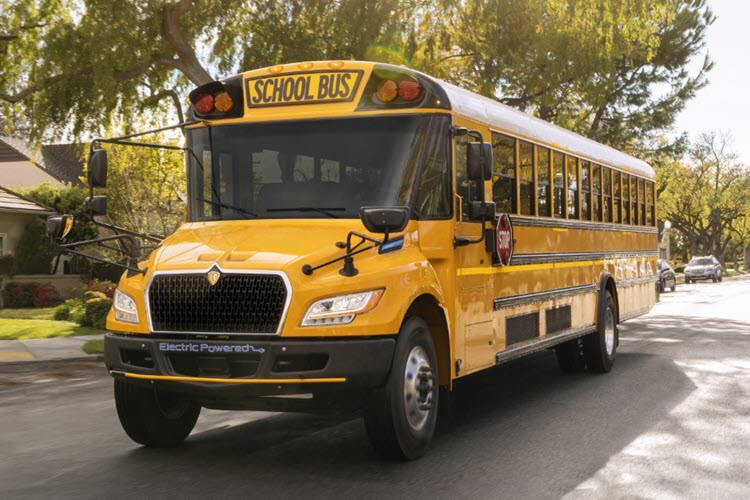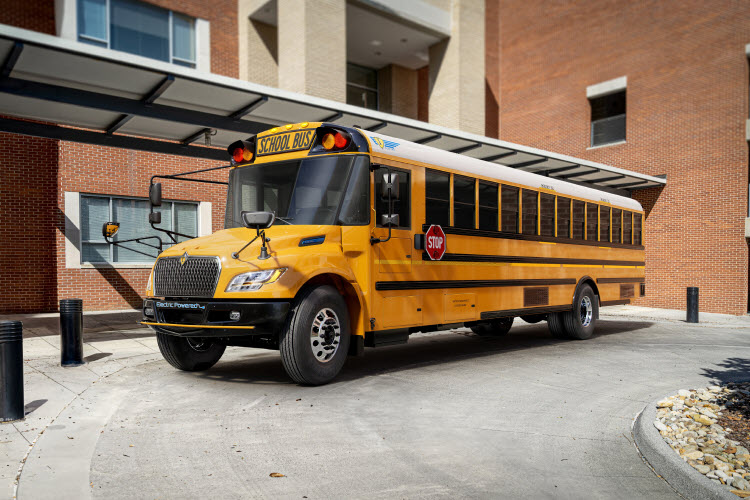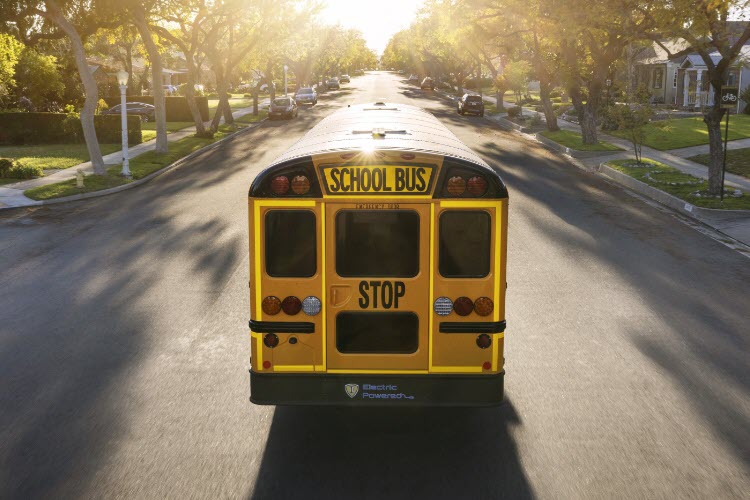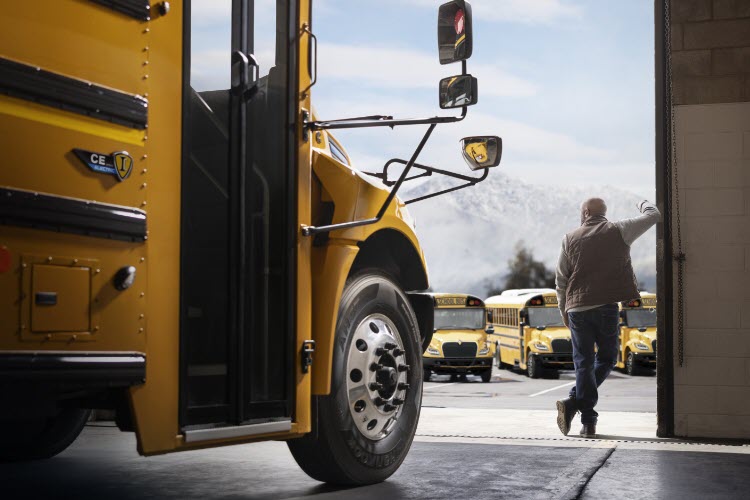The Diesel to Electric Transition: IC Bus Helps Fleets Prepare
By Trish Reed
[Trish Reed is the VP, Zero Emissions, for International Truck and IC Bus. Tune into the pilot episode of our new podcast, “The EV Fleet Road Map,” via the link below.]
The transition to an electric powertrain from diesel internal combustion engine technology has created a massive sea change in the commercial vehicle industry. While we can debate all day long about how fast the transition to zero-emissions vehicles might come, it is coming—and momentum is growing.
At the end of the day, it’s important for truck and bus dealers and fleet operators to remember that this transition is not difficult, it’s different. And the key to success is working with the right partners.
To help truck and bus fleets navigate these changes, we at International Truck and IC Bus have created a dedicated Zero Emissions team and the following three-step consultative approach:
- Consulting. Sitting down with customers to understand their concerns, motivations to adopt BEVs, and to discuss their short- and long-term plans.
- Charging & Infrastructure. This “fueling strategy” piece is new and different for all of us, but it’s important to get it right. That means understanding power needs, making the right charging hardware decisions, and future-proofing operations.
- Customer Onboarding. This part of the process starts when the vehicle goes on order. It includes determining if the charging and infrastructure is coming into place, as well as driver and technician training. Ultimately, the goal is that when the vehicle arrives, the customer can run it, operate it, and just weave it into their operations with minimal disruption.
The good news is that we have experience working with customers in the field who have adopted our battery-electric school buses and medium-duty International® eMV™ Series trucks. We’re no longer talking theory. We are delivering battery-electric vehicles, and we continue to learn from every experience.
Through our journey thus far, the biggest lesson learned has been ensuring charging infrastructure is in place prior to vehicle delivery. That’s why we announced a collaborative relationship last year with integrated infrastructure solutions partner Quanta Services, which provides engineering, construction and maintenance services, as well as power and infrastructure assessment for electric vehicle charging and related infrastructure. Quanta has significant utility relationships, so having access to that knowledge of how to work with utilities has become invaluable.
Our relationship with Quanta has also helped us debunk some of the myths that have permeated the market. One myth out there is that the grid can't handle widespread commercial vehicle electrification. But the grid can manage this transition. The issue lies in knowing where the power is and where that grid can feed power. That’s when we lean on collaborative partners like Quanta for guidance.
When it comes to regulations around zero-emissions vehicles, another myth that many across the industry believe is that if there is an administration change after the next election, this is all going to stop and go away. This is not going away. The zero-emissions vehicle movement is happening.
The best piece of advice I can offer dealers and fleet operators is to start now because getting ahead of the learning curve and building out charging infrastructure takes time.
The good news is we at International Truck and IC Bus are doing this every day. We understand the barriers to entry, and we can help customers work through those challenges—whether it’s navigating grant incentives and funding, building out charging and infrastructure, optimizing routes, or working with utilities.
As a team, we’ve collectively joined to share our knowledge of just how to help fleets prepare for the inevitable and to help customers plan for the long term. We’re excited to launch the first episode of our new podcast, “The EV Fleet Road Map,” to help educate fleet owners, managers, procurement and sustainability directors, and other stakeholders make the transition to zero-emissions vehicles.








